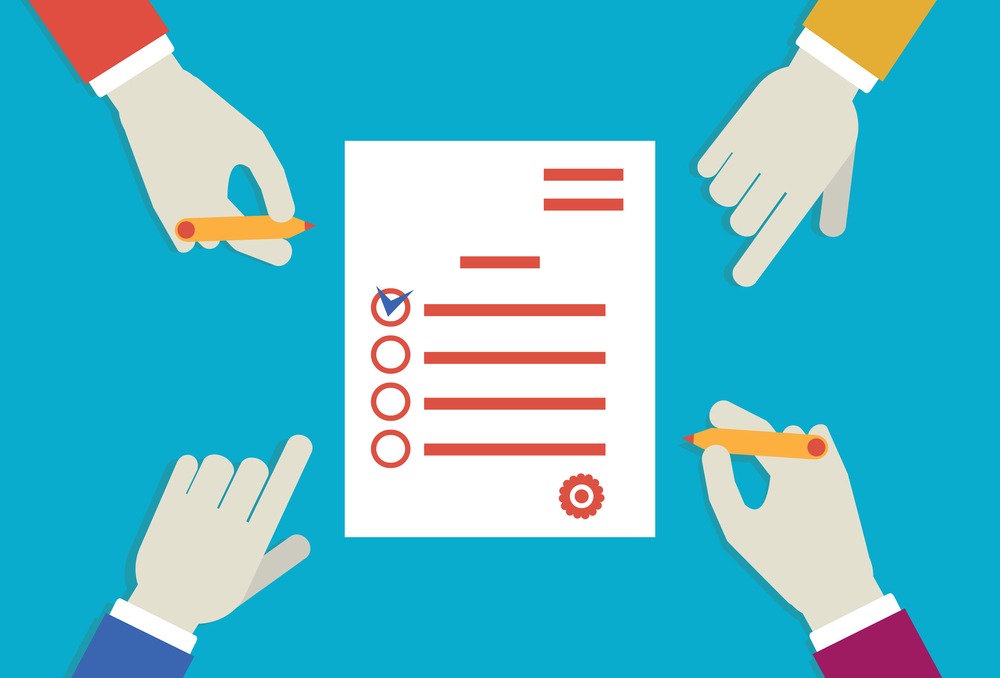Buying a house in the Netherlands may work a bit differently to what you are used to. There are different rules and laws, different types of mortgage and financing, etc. Read the tips and be prepared for when you begin your search.
Hiring an estate agent: good idea or not?
Hiring estate agents costs money, of course, but they can also save you money. How? Local estate agents are experts in the housing market. They are the first to know when new homes come up for sale. And they know a lot about the neighbourhood – for example, whether there are sufficient amenities close by. An estate agent can also advise you on whether to carry out a building inspection. A building inspection will give you information on the condition of a house. If your house turns out to have hidden defects, you can renegotiate the price or even cancel the purchase without incurring a penalty.
So is hiring an estate agent a good idea or not? It is certainly something worth considering.
Mortgage and market value of your home
 Tip
Tip
We at ABN AMRO regularly organise free online seminars especially for expats about buying a house in the Netherlands. During these seminars, we will take you through the entire process from start to finish.
When you go house hunting, you naturally want to know what kind of mortgage you can get. That mainly depends on your personal situation. This will include factors such as your financial income, whether you have outstanding loans, and your residence status. And if you intend to make your house more sustainable, there are additional regulations.
It is also important for you to know that in the Netherlands, it is possible to get a mortgage for up to 100% of the market value. And if you intend to make the house more sustainable, you can even get up to 106%. That is more generous than in some of the countries around us. But please note: the amount of a mortgage is based on the market value of a house. That is not the same as the asking price nor the price you may ultimately agree to pay.
How does that work exactly? If the homeowner selling the house accepts your offer, a valuation report will follow. This will state the market value. This figure may be lower than the asking price and lower than your offer. For example, say that the market value is €600,000, the asking price €610,000 and your offer €620,000. You can then only get a mortgage for a maximum of €600,000. You must therefore be able to pay the remaining €20,000 yourself.
As you can see, there is a lot involved when determining a mortgage. Therefore, a good place to start is to meet with a mortgage advisor who specialises in helping expats. They can give you all the information you need.
Tax breaks when buying a home
If you have bought a house in the Netherlands, you can benefit from tax breaks in two ways: once by deducting certain ‘additional costs’ and annually through the ‘mortgage interest deduction’. Here is a brief explanation.
If you buy your own house, you are not only paying the purchase price of the house. There are many other costs that you have to cover. Fortunately, you can deduct some of these additional costs in a one-time tax deduction. This includes costs that you incurred to get the mortgage, such as valuation and advisory costs. Any notary costs you directly incurred for the mortgage are also tax deductible. So if you are filing a tax return for the year that you bought your house, do not forget to declare these costs.
In the Netherlands, you can also use the mortgage interest deduction (in Dutch: hypotheekrenteaftrek). This basically means that the interest on your own house is tax deductible, even for expats. This of course means that you pay less tax. However, there are several regulations surrounding this tax deduction, so be sure to be well informed when claiming for it.
About ABN AMRO
With over 25 years of experience, we are the experts for expats in the Netherlands. And we are happy to share our knowledge and expertise about the housing market, mortgages, regulations, etc. with you. Our English-speaking mortgage advisors will take you step by step through the process of buying a house in the Netherlands.
Check our special webpage for more information on mortgages for expats in the Netherlands and try our mortgage calculator.

Understanding Mortgage Calculators ...
Buying a home in the Netherlands involves careful financial planning, especially for expats navigating the ...

Mortgage Interest Rates in 2025: Wh ...
As 2025 unfolds, expats navigating the Dutch housing market find themselves in a shifting financial ...

Remodeling your house in the Nether ...
Have you just bought or rented a house that needs remodeling – but have no idea ...

How to safely use public wifi netwo ...
Public Wi-Fi networks come with a significant risk to the security of your personal ...

Be prepared for the Dutch housing m ...
Buying a house in the Netherlands may work a bit differently to what you are ...

The UnDutchables 9.0
Following the legendary previous eight editions of The UnDutchables, the 9th edition of this all ...

This is your checklist for moving t ...
Do you plan to move to Amsterdam or somewhere else in our beautiful country to ...

Making the most of your Dutch home
Whether you are renting, staying in a long-term AirBNB or have just bought a ...

Gift giving in the Netherlands-all ...
If you feel like skipping your birthday, you may be in for a challenge when ...

10 things you will find in every Du ...
The Dutch are very fond of houseplants, the more the merrier! You will find the ...